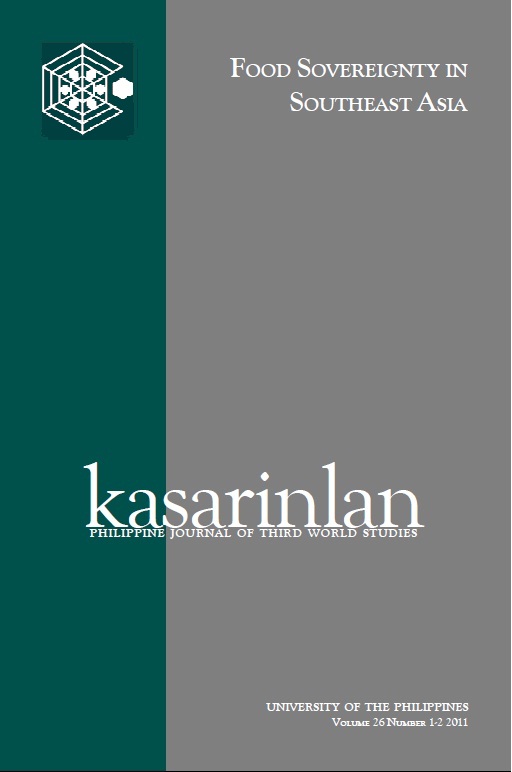Viet Nam’s Food Security: A Castle of Cards in the Winds of Climate Change
Abstract
Since the 1980s, Viet Nam has achieved rapid economic growth and greatly increased food production and security. Those results are based, however, on a model of industrial agriculture that has inherent social and environmental limitations and increasingly faces the structural constraints of climate change. This article questions industrial agriculture, in general and through the case of Viet Nam, and its ability to sustain outputs and food security through the emerging crisis. It argues that while agroindustrial technologies and commodification are making the country particularly vulnerable to the imprecise and shifting context of a multifaceted crisis, the dominant response of the green economy, in Viet Nam as elsewhere, rests on unsubstantiated technological and institutional assumptions. Unchanged, such strategy will most likely lead to the collapse of Vietnamese agricultural production and a surge of food insecurity. In such a strategic vacuum, the article explores how agroecology offers a viable alternative, in parallel with the organization of production, distribution, and consumption through principles of food sovereignty.
Section
Articles
Keywords
food security; food sovereignty; industrial agriculture; agroecology; Viet Nam; climate change; mitigation and adaptation technologies
By submitting a manuscript, the authors agree that the exclusive rights to reproduce and distribute the article have been given to the Third World Studies Center.



